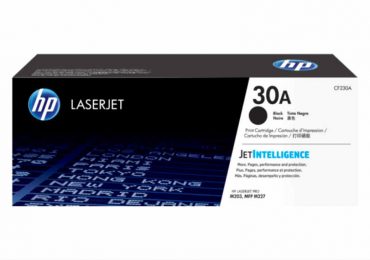
A total of 785 respondents spanning industry experts, users and vendors participated in the survey. Respondents were asked about a wide range of key issues impacting cloud computing, including drivers for cloud computing, inhibitors, best practices, sourcing, total cost of ownership (TCO), cloud’s impact on multiple business sectors, and emerging cloud technologies. The survey provides many insights into the adoption of cloud computing, including the cloud configurations and applications that are forming around specific business needs including Big Data, business continuity, collaboration and storage.
The survey results were released today at the cloud leadership dinner in advance of the 2012 GigaOM Structure Conference. North Bridge and GigaOM — both actively researching cloud analytics and technology investment, are pleased to announce that they will closely partner on the Future of Cloud initiative and plan to unveil a new program prior to GigaOM Structure 2013. This year’s survey reveals several important changes in respondents’ perceptions and plans regarding cloud implementation.
Key Findings in the Survey include:
— Companies are accelerating their trust in cloud solutions, with 50 percent of respondents confident that cloud solutions are viable for mission critical business applications.
— Scalability remains the top reason for adopting the cloud, with 57 percent of companies identifying it as the most important driver for cloud adoption. Business agility ranked second among drivers for cloud adoption, with 54 percent of respondents focused on agility.
— Security remains the primary inhibitor to adoption in the burgeoning cloud marketplace with 55 percent of respondents identifying it as a concern, followed by regulatory compliance (38%) and vendor lock-in (32%).
— Software as a service (SaaS) is currently, and is expected to remain the primary type of cloud investment, with 82 percent of respondents citing it as in use today, and 88 percent expecting to use it five years from now.
— Platform as a service (PaaS) and infrastructure as a service (IaaS) will see significant growth in the next five years, with PaaS growing from 40 percent to 72 percent and IaaS growing from 51 percent to 66 percent.
— The top 3 areas in which “cloud formations” are coming together are backup and archiving (43 percent), business continuity (25 percent), collaboration tools (22 percent), and big data processing (19 percent).
— Cloud users are shifting sentiments with regard to public vs. hybrid cloud platforms. — Currently, 40 percent of respondents’ are deploying public cloud strategies, with 36 percent emphasizing a hybrid approach.
— Within five years, hybrid clouds will be the emphasis of 52 percent of respondents’ cloud strategies.
— With an increase in trust of the cloud, big data is emerging as a major focus for vendors and end-users alike. — 80 percent of respondents identify big data as the most likely sector to be disrupted by cloud computing
— Vendors identify analytics and big data as the first and second most important cloud service to provide, respectively.
— The majority of respondents (53 percent) believe that cloud computing maintains a lower TCO and creates a less complex IT workflow.
The findings of the second annual Future of Cloud Computing survey are supported by analysis and reports from the 451 Group and other collaborators alongside North Bridge’s own investments. All of these projects an increase in both SaaS and on-premise, hybrid cloud models. The findings also display a new level of growth and user confidence across cloud platforms. “GigaOM Pro surveys of IT decision makers confirm the tight connection between big data analytics and could computing,” said David Card, VP of research for GigaOM Pro. “And we’re also seeing scale, agility and cost-savings as market drivers, balanced against security concerns and a dearth of skilled data scientists.”






